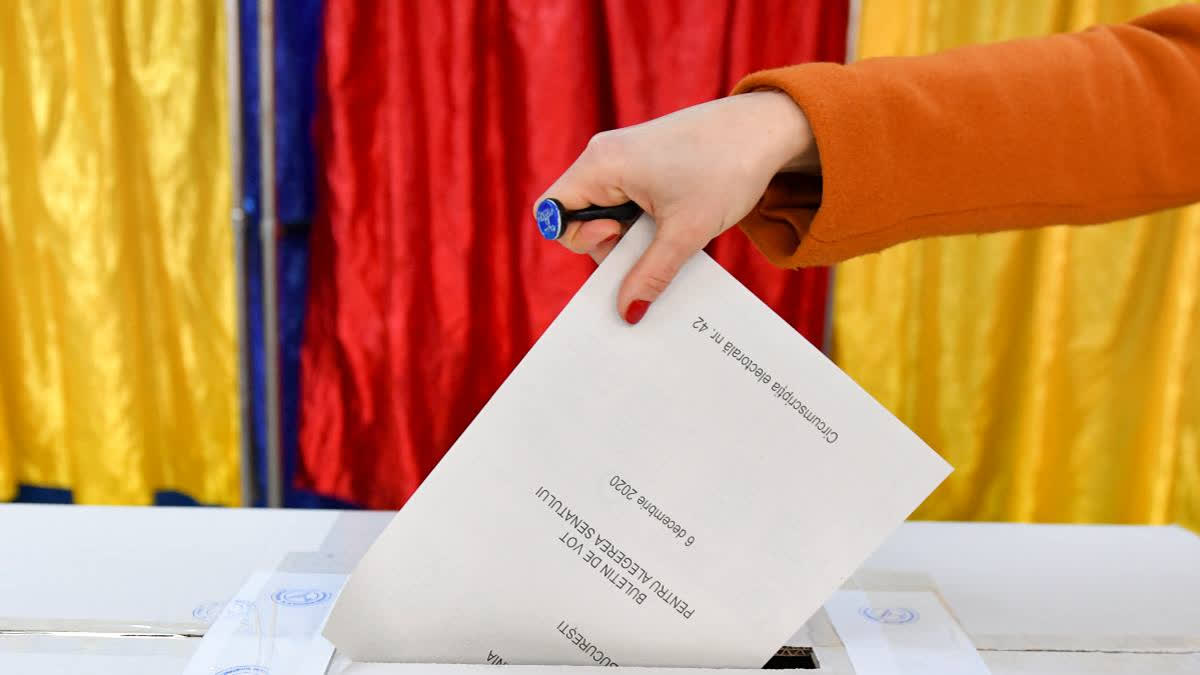Copenhagen (Denmark): Last year had the worst decline in credible elections and parliamentary oversight in almost a half-century, driven by government intimidation, foreign interference, disinformation and the misuse of artificial intelligence in campaigns, an organization promoting democracy said Tuesday.
The International Institute for Democracy and Electoral Assistance, or International IDEA, said election credibility is threatened by turnout dropping and results are increasingly being contested. One in three elections are being disputed in some way, it said.
The organization with 35 member governments said the average percentage of the voting-age population who actually cast ballots has declined from 65.2% in 2008 to 55.5% in 2023.
"Elections remain the single best opportunity to end democratic backsliding and turn the tide in democracy's favour," said International IDEA's Secretary-General, Kevin Casas-Zamora. "The success of democracy depends on many things, but it becomes utterly impossible if elections fail."
The Stockholm-based organization said its Global Report on the State of the Democracy, which measures democratic performance in 158 countries from 1975 till today, found that 47% of countries have experienced a decline in key democratic indicators over the past five years, marking the eighth consecutive year of global democratic backsliding.
Globally, in nearly 20% of elections between 2020 and 2024, one of the losing candidates or parties rejected the result, and elections were being decided by court appeals at the same rate.
The report said 2023 was the worst year when it came to free and fair elections and parliamentary oversight.
There were threats of foreign interference, disinformation and the use of artificial intelligence in campaigns. The declines span both traditionally strong democracies as well as fragile governments around the globe.
In Africa, democratic performance has generally remained stable over the past five years, with notable declines in the Sahel, particularly in coup-affected Burkina Faso which is one of a growing list of West African countries where the military has taken power, accusing the elected governments of failing to keep their promises. IDEA noted that Burundi and Zambia have made notable improvements.
As to Western Asia, over a third of countries performed poorly, while Europe has seen widespread declines in democratic aspects like the rule of law and civil liberties. However, progress has notably been reported in Montenegro and Latvia.
The study noted that the Americas have mostly maintained stability, but countries like Guatemala, Peru and Uruguay have experienced declines, particularly in the rule of law and civil liberties.
Most countries in the Asia-Pacific region have seen minor declines or stability, with notable improvements in Fiji, the Maldives, and Thailand, the organization said. However, the declines were significant in Afghanistan where the Taliban have not been recognized by any country as the legitimate rulers since they seized power in 2021, and in Myanmar, where opposition to a military takeover has deteriorated to a civil war.



